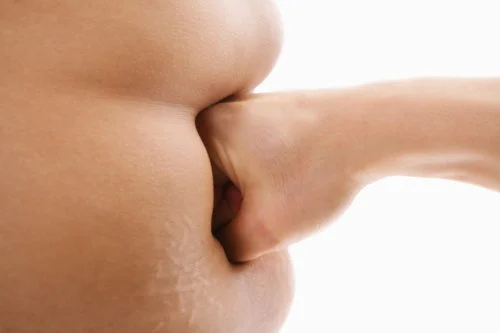Weight Loss & Nutrition
Losing weight can be a pleasurable experience if you choose the right tools and people to assist you with it. As you all probably know in order for a person to lose weight, they have to adjust their nutrition and there is a need to add exercise to a daily routine. Although it sounds pretty easy, calibrating the nutrition and physical activity to trigger the fat loss requires some knowledgeable decisions.

Nutrition
When someone decides that is time to lose weight they have to keep account of two things when it comes to nutrition, namely: the amount of ingested and the macronutrient content of the meals.
So, in order for someone to lose weight properly the first thing they will have to do is to decrease calorie dense foods and replace them with whole and organic foods. An example of this is to “ditch the donut and down a date.” When cutting these horrible foods from your day to day nutrition it is important to understand that there will be a period of “I want to have that …….. (food) again.” This is simply because the additives, usually sugar are addictive and that you crave them when they are removed from your meals.
Keep in mind that is very important to lower your calories gradually, because lowering them too much and too fast will slow your metabolism down. When you metabolism slows down then the fat loss process becomes difficult and not exactly goal enhancing.
Hormonal balance affects all important components of your wellness: body composition, energy utilization, blood chemistry, and much more. Food is a drug. This may seem shocking, but think about the definition of a drug. Loosely, ingesting drugs causes physiological changes in your body. Ingesting food has the same effect. It can bring about positive or negative changes in your body. Would you take 17 Panadol capsules for a headache? Would you consume expired, low-quality medicine? Of course not. Then why should we expect different results when we feed our bodies 17 times our necessary food intake, and comprise our diet of low-quality processed garbage with no nutritional value? You see the results of this lifestyle in Australia today.
At Define Fitness we recommend and follow a diet balanced in the following macronutrients / foods.
- Protein (lean, natural meats are preferred)
- Carbs (mostly low glycaemic-load fruits and vegetables)
- Fat (one of the most important macronutrients!)
With the right balance of protein, carbohydrates and fats, you can control three major hormones generated by the human diet – insulin, glucagon and eicosanoids.
Insulin
- A storage hormone. Excess insulin makes you fat and keeps you fat. It also accelerates silent inflammation.
Glucagon
- A mobilization hormone that tells the body to release stored carbohydrates at a steady rate, leading to stabilized blood sugar levels. This is key for optimal mental and physical performance.
Eicosanoids
- These are the hormones that ultimately control silent inflammation. They are also master hormones that indirectly orchestrate a vast array of other hormonal systems in your body.
Exercise
- Walking 45 minutes to 1 hour on the treadmill is not the greatest way through which you can lose weight, but it is definitely the most boring and detrimental for your metabolism.
- Although I don’t want this to sound like a hidden commercial, but you can get much better results together with more fun by participating in our Group Classes / Bootcamp.
- In our Bootcamps, we promote HIIT (high intensity interval training), which was proven scientifically to be more beneficial and effective for weight loss than slow intensity cardio. HIIT’s main advantages are that it burns more fat in less time, it actually burns fat after the training session is over and increases metabolism. All these effects are triggered by the EPOC effect, which is a process that re-balances the body’s oxygen levels, which were lowered previously in the training session.
The Right Type Of Exercise
Sometimes there’s also a big difference between what people think is exercise, and what exercise actually is, says Dr Nathan Johnson, an exercise physiologist based at the University of Sydney.
“People misunderstand what we talk about as exercise and think that just getting up from their chair or having a stroll is adequate.”
“There’s a perception that they’ve done some exercise so that offsets all ills.”
He says many of us will take the easy route when it comes to exercise.
“Adults inherently tend to select the lazier option of things and this tends to come as self-supporting advice.”
“If you stick to that then you’re suddenly not doing the recommended regular amount of exercise to keep that energy input energy output balance in check.”
Written By: Nathan Hitchcock
References
- Why exercise doesn’t always help you lose weight – Health & Wellbeing. 2015. Why exercise doesn’t always help you lose weight – Health & Wellbeing. [ONLINE] Available at:http://www.abc.net.au/health/features/stories/2015/01/15/4162890.htm. [Accessed 04 March 2015].
- The Zone Diet Explained – CrossFit Impulse. 2015. The Zone Diet Explained – CrossFit Impulse. [ONLINE] Available at: http://crossfitimpulse.com/the-zone-diet-explained-edited/. [Accessed 04 March 2015].